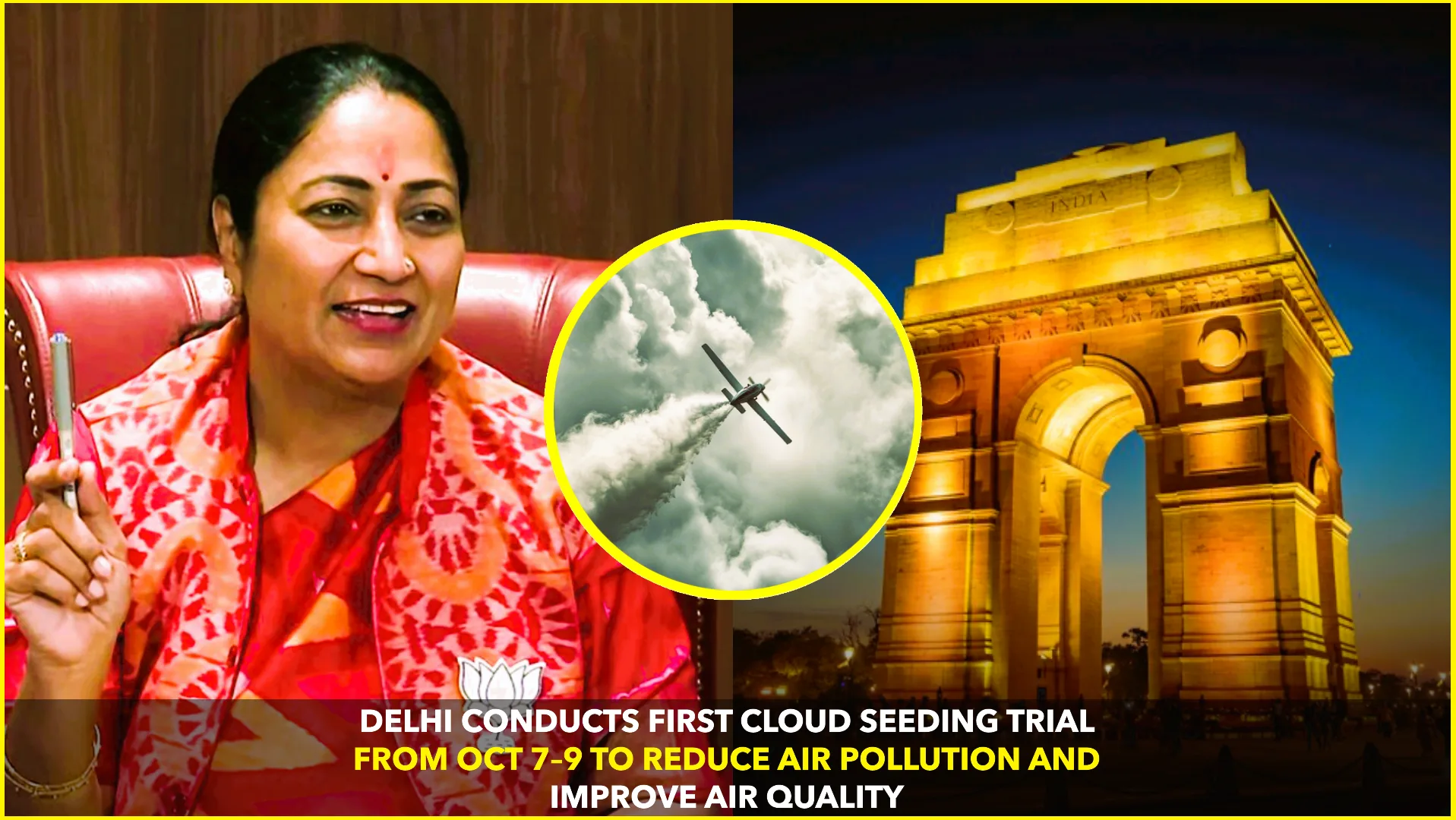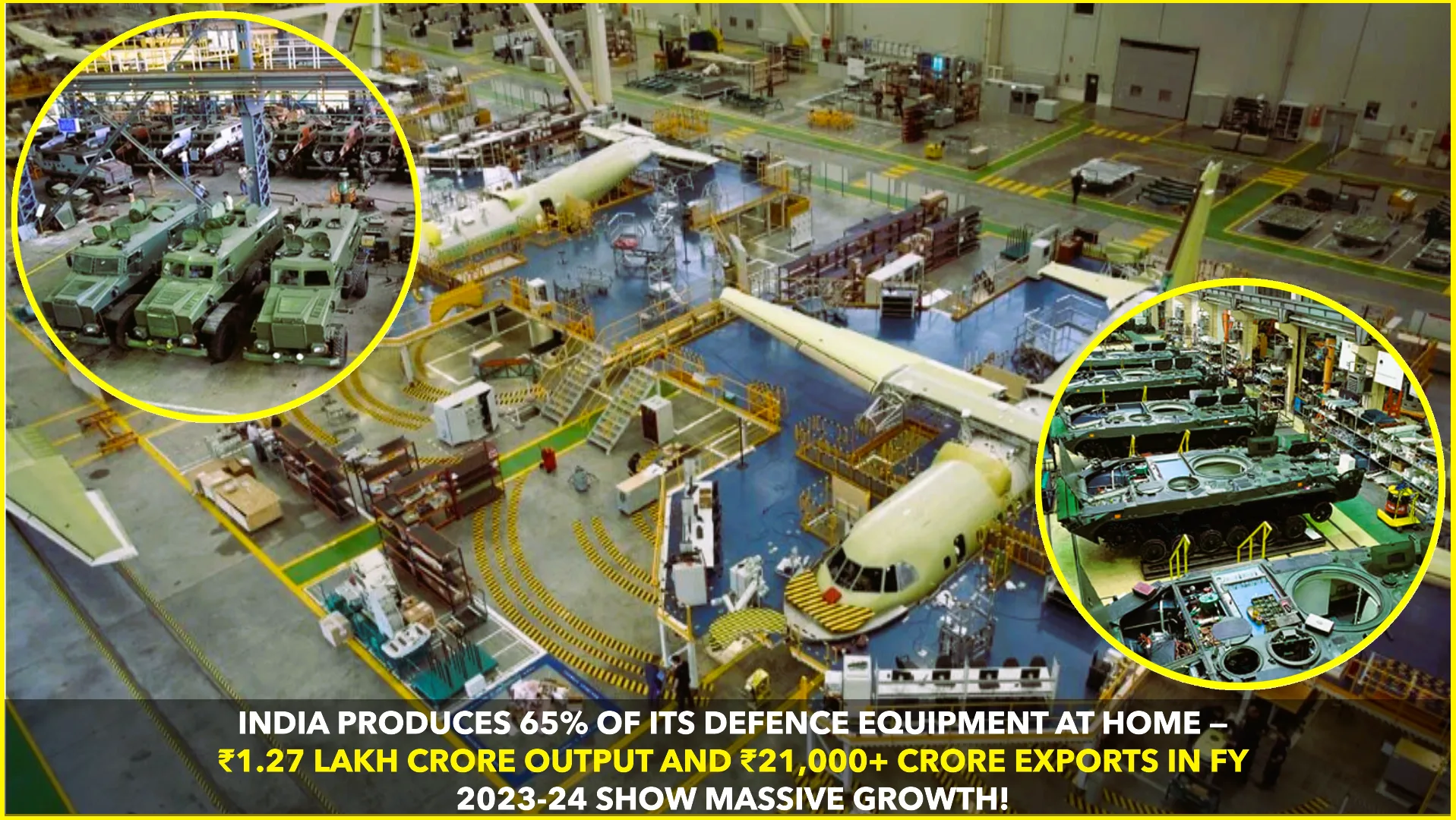Russia is urgently turning to India to fill growing gaps in its machinery and electronics sectors, where skilled labor remains in short supply. Indian Ambassador to Russia, Vinay Kumar, confirmed that companies are now actively recruiting Indian professionals to help bridge this demand—within the scope of Russian laws, regulations, and quota systems.The Economic TimesMoneycontrol
Growing Demand Beyond Traditional Sectors
Historically, Russia has relied on Indian workers mainly in construction and textiles. However, Ambassador Kumar notes a notable shift: there is now an upward trend in hiring for more advanced technical domains, particularly in machinery and electronics.Business StandardMoneycontrolOutlook Business
Why Russia Needs Talent from India
A few pressing factors are driving this recruitment push. In regions like Sverdlovsk, home to heavy industry giants such as Uralmash and UralVagonZavod, production is being hampered by labor shortages. Contributing causes include the deployment of Russian nationals in military operations in Ukraine and a reluctance among younger workers to enter factory jobs.SightsIn PlusOutlook Business
Scale of Recruitment and Opening of Consulate
Reports from business and government sources indicate that by the end of 2025, Russia may receive up to one million skilled Indian professionals, especially in industrial hotspots such as the Sverdlovsk region.
To streamline this process, Russia and India are establishing a new Indian Consulate General in Yekaterinburg, which will be instrumental in handling recruitment logistics, visas, and documentation.The Economic TimesSightsIn PlusFirstpost
Consular Services Feeling the Strain
Ambassador Kumar highlighted that the surge in Indian workers has escalated demand for consular services. From passport renewals and birth registrations to managing lost documents, administrative tasks have significantly increased.MoneycontrolOutlook Business
Broader Context of India–Russia Collaboration
This labor recruitment initiative comes amid deepening strategic ties between India and Russia. The two nations are already linked through sectors such as machinery, electronics, pharmaceuticals, and defense. India’s workforce—the youngest among G20 members and rich in vocational skills—is now being leveraged to help offset Russia’s demographic and labor challenges.
Other countries like Sri Lanka and North Korea are also being considered for labor sourcing, but the systems in place with India make it the most scalable and practical partner for this initiative.MoneycontrolFirstpost
Looking Ahead: Challenges & Opportunities
This massive mobilization of talent opens doors for Indian professionals seeking overseas opportunities while enriching Russian industries with essential skills. Still, there are challenges. Language barriers, adapting to Russia’s climate, especially in regions like Yekaterinburg, and navigating legal and cultural norms are hurdles that need foresight and preparation.
Furthermore, regulatory frameworks—such as labor quotas—must be monitored closely. Russia’s Labour Ministry has cautioned that these numbers are predetermined and subject to annual review.Firstpost
Summary Table: Key Highlights
| Topic | Details |
|---|---|
| Sectors in Demand | Machinery and electronics—expanding beyond traditional construction and textiles |
| Scale of Recruitment | Up to 1 million Indian professionals by end of 2025 |
| Geographic Focus | Russian industrial hubs, notably Sverdlovsk/Yekaterinburg |
| Consular Challenge | Rising administrative workload due to increased worker inflow |
| Strategic Implications | Strengthening Indo–Russia industrial collaboration through skilled labor |










